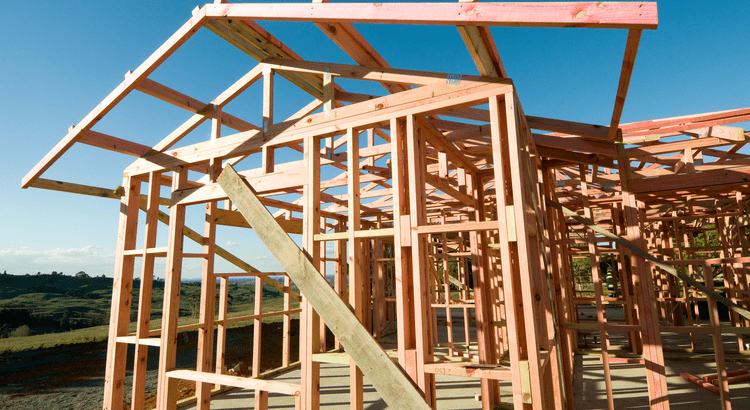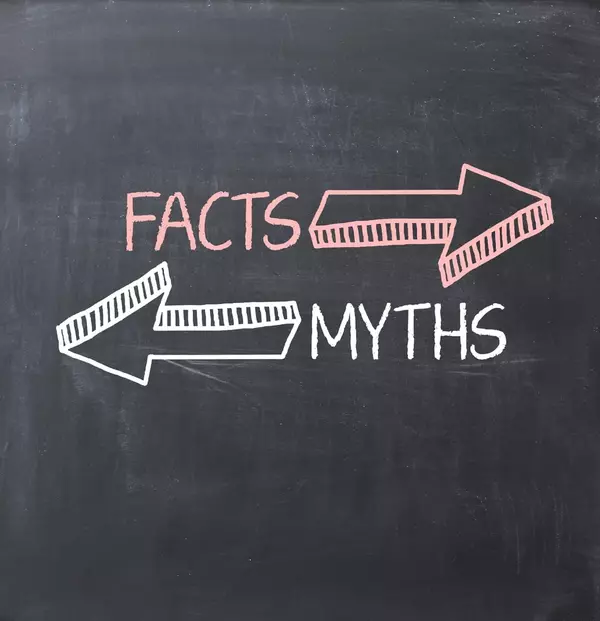Why You Should Get Pre-Approved Before House Hunting

Why You Should Get Pre-Approved Before House Hunting
Embarking on the journey to buy a home is an exciting milestone. However, in today’s competitive real estate market, preparation is key to ensuring a smooth and successful home-buying experience. One crucial step that every serious buyer should take before house hunting is getting pre-approved for a mortgage. This step not only provides a clear understanding of your budget but also gives you a significant advantage when making offers. Let’s dive into why mortgage pre-approval is so important and how it sets you up for success.
Understanding Pre-Approval, Pre-Qualification, and Underwritten Pre-Approval
Before we discuss the benefits of pre-approval, it’s important to distinguish it from other terms like pre-qualification and underwritten pre-approval. Each of these processes plays a role in the mortgage journey, but they differ in terms of rigor and reliability.
Pre-Qualification
Pre-qualification is a preliminary step in the mortgage process. It involves providing basic financial information to a lender, such as your income, debts, and estimated credit score. Based on this information, the lender gives you an estimate of how much you might be able to borrow.
-
Pros: Quick and easy; can be done online or over the phone.
-
Cons: Not verified by the lender; offers no guarantee of loan approval.
Pre-Approval
Pre-approval is a more detailed process. It requires submitting documentation, such as pay stubs, tax returns, and bank statements, for the lender to verify your financial status. The lender then issues a pre-approval letter stating the amount you are approved to borrow.
-
Pros: Verified financial information; more reliable than pre-qualification.
-
Cons: Takes more time and effort than pre-qualification.
Underwritten Pre-Approval
Underwritten pre-approval is the most thorough option. In this process, an underwriter—a professional who assesses risk—reviews your financial documents before you even make an offer on a home. This step essentially ensures that your loan is fully approved, pending only the property appraisal.
-
Pros: Strongest form of approval; can make your offer as strong as cash in the eyes of sellers.
-
Cons: Requires more documentation and time upfront.
Benefits of Mortgage Pre-Approval
Now that you understand the differences, let’s explore why getting pre-approved is a game-changer for buyers.
1. Know Your Budget and Avoid Disappointment
One of the biggest advantages of pre-approval is that it provides a clear picture of what you can afford. Without pre-approval, you might fall in love with a home that’s out of your price range, leading to disappointment. Pre-approval sets realistic expectations and ensures you focus on homes within your budget.
2. Stand Out in a Competitive Market
In a seller’s market, where multiple offers are common, a pre-approval letter can make your offer more attractive. It signals to sellers that you’re a serious buyer with the financial backing to close the deal. In some cases, sellers may prioritize offers from pre-approved buyers over higher offers from unverified buyers.
3. Streamline the Homebuying Process
Getting pre-approved before house hunting saves time in the long run. Once you find the perfect home, you can move quickly to make an offer, knowing your financing is already in place. This speed can be crucial in competitive markets where delays could mean losing out to another buyer.
4. Avoid Surprises
The pre-approval process uncovers potential issues, such as a low credit score or high debt-to-income ratio, that could affect your ability to secure a loan. Addressing these issues early gives you time to improve your financial standing before making an offer.
5. Lock in Your Interest Rate
Some lenders allow you to lock in an interest rate when you’re pre-approved, protecting you from rate increases while you search for a home. This can save you money over the life of your loan.
6. Better Negotiation Power
A pre-approval letter strengthens your negotiating position. Sellers and their agents view pre-approved buyers as less risky, which can give you an edge in negotiations, whether it’s securing a lower price or more favorable terms.
The Pre-Approval Process: What to Expect
The pre-approval process involves several steps, but it’s straightforward when you’re prepared. Here’s what you can expect:
-
Choose a Lender Start by researching and selecting a lender. Look for one with competitive rates, good reviews, and excellent customer service.
-
Submit Your Application Complete the lender’s pre-approval application. This will require personal and financial information, including your Social Security number, employment history, and income details.
-
Provide Documentation Be ready to submit documents such as:
-
Pay stubs
-
W-2 forms or tax returns
-
Bank statements
-
Proof of additional income (e.g., bonuses or alimony)
-
-
Credit Check The lender will perform a hard credit inquiry to assess your credit score and history. A higher credit score typically results in better loan terms.
-
Receive Your Pre-Approval Letter If approved, the lender will issue a pre-approval letter stating the loan amount and terms. This letter is usually valid for 60-90 days.
Tips for Maximizing Your Pre-Approval Benefits
-
Maintain Financial Stability: Avoid making large purchases, opening new credit accounts, or changing jobs during the pre-approval period.
-
Shop Around: Compare offers from multiple lenders to ensure you’re getting the best terms.
-
Communicate with Your Agent: Share your pre-approval details with your real estate agent so they can tailor your home search to your budget.
-
Update Your Pre-Approval as Needed: If your financial situation changes or your pre-approval expires, work with your lender to update it.
Common Misconceptions About Pre-Approval
“Pre-Approval Guarantees a Loan”
While pre-approval is a strong indicator of your borrowing power, it’s not a guarantee. The loan must still go through underwriting, and the property must meet appraisal requirements.
“It’s Better to Wait Until You Find a Home”
Waiting to get pre-approved until you find a home can delay your ability to make an offer and put you at a disadvantage in competitive markets.
“Pre-Approval Hurts Your Credit”
While pre-approval involves a hard credit inquiry, the impact on your credit score is typically minor and temporary. The benefits of being pre-approved far outweigh this small effect.
Conclusion
Getting pre-approved for a mortgage before house hunting is one of the smartest steps you can take as a buyer. It provides clarity on your budget, strengthens your negotiating position, and helps you act quickly in a competitive market. By understanding the differences between pre-qualification, pre-approval, and underwritten pre-approval, you can choose the option that best suits your needs.
Don’t let misconceptions or lack of preparation hold you back. Work with a trusted lender and real estate agent to navigate the pre-approval process and set yourself up for success. With a pre-approval letter in hand, you’ll be well-equipped to find and secure your dream home.
Categories
Recent Posts











